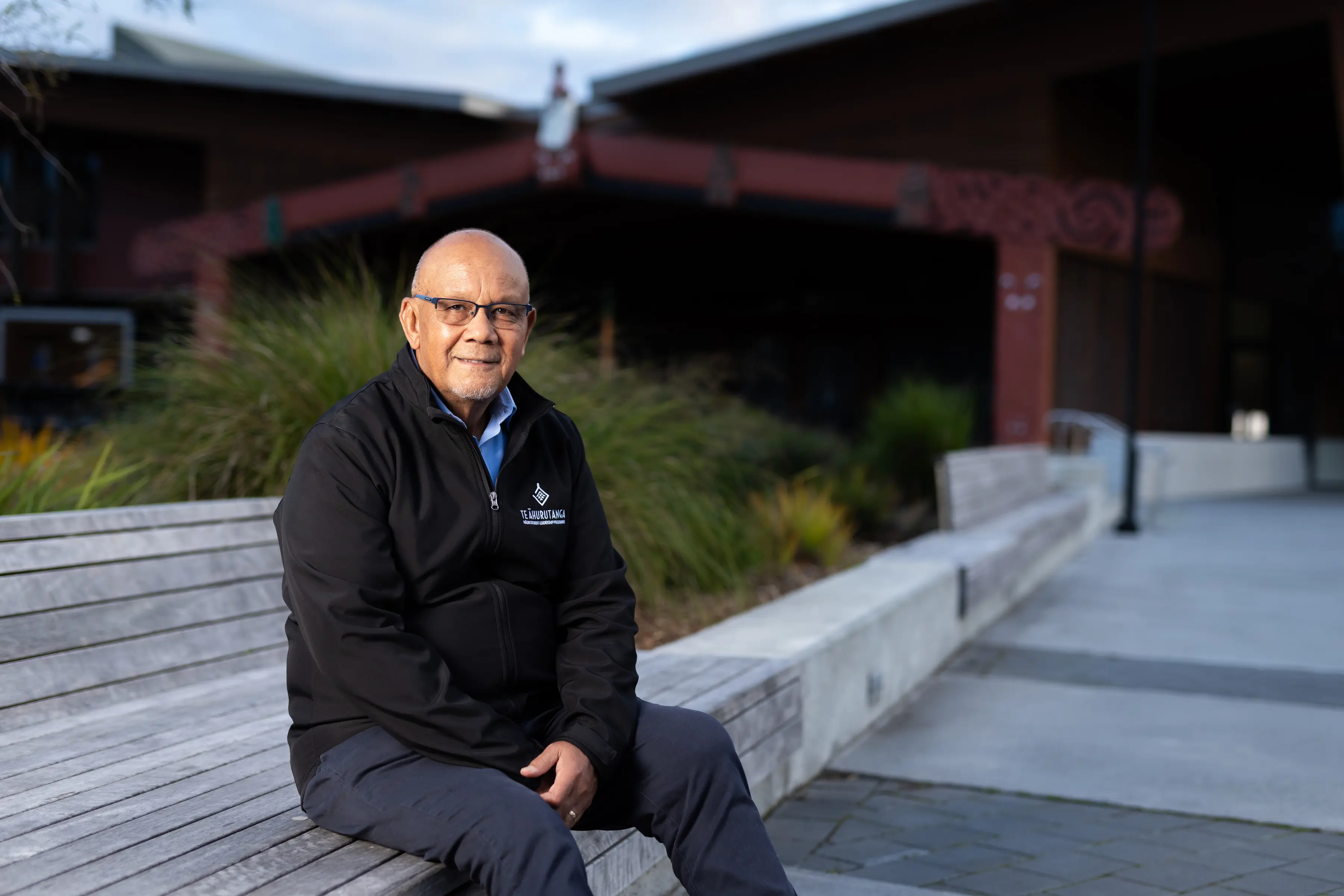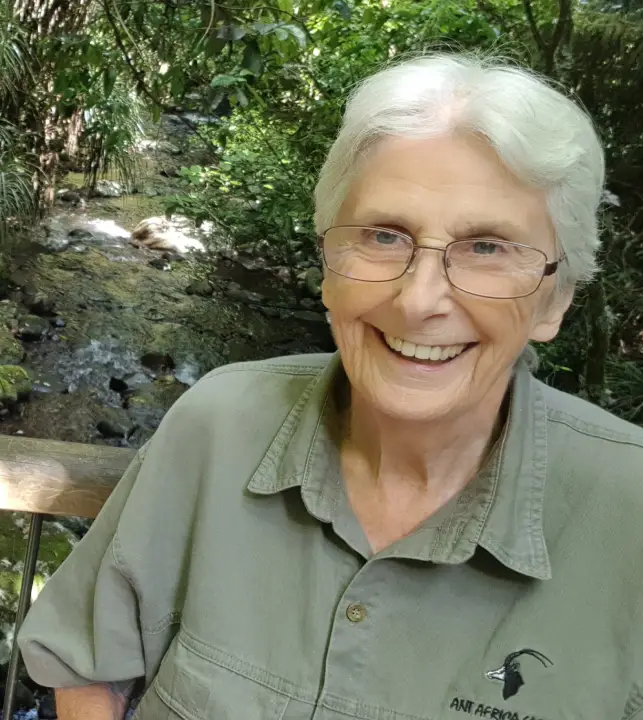The University of Waikato’s annual Cyber Security Challenge is open for entrants into Round Zero, the first round of the national event, which is in its eighth year running.

The Cyber Security Researchers of Waikato (CROW) team are running this year's Cyber Security Challenge.
Computer Science Senior Lecturer at the University of Waikato, Dr Vimal Kumar, says the Cyber Security Challenge is designed to attract new students and create a profile for the cyber security industry in New Zealand.
“There is a huge gap in the number of jobs we need to fill and how many cyber security students we have graduating in New Zealand. We need more graduates that can protect our people and infrastructure from the increasing amount of cybercrime and cyberattacks we see happening both in New Zealand and around the world,” says Dr Vimal.
The challenge provides categories for secondary school students, tertiary students and industry experts who are given a series of cyber challenges to solve which give them clues that will unlock a code and allow them to “capture the flag”.
Dr Vimal says the flag is representative of a cyber security attack, but entrants in the challenge are not expected to have a deep knowledge of cyber security.
“The challenges are more directed towards participants’ ability to think outside the box, which is a key skill you need in the industry. To complete the challenges that we set you do need some computing knowledge but not deep cyber security knowledge.”
The top 150 participants from “Round Zero” will be invited to the University of Waikato for a Cyber Security Event on 17 July. The event includes keynote speakers from New Zealand Police, industry experts and displays and information. The participants will also compete in Round One, an Incident Response Quiz, and Round Two, another capture the flag challenge. The grand winner will take home $1000 and category winners receive $500 each.
Dr Vimal says last year’s attack on the New Zealand Stock Exchange, which saw it forced to shut its doors for four days, illustrated the need to develop New Zealand’s cyber security industry.
The fact the attack was able to create such havoc surprised many in the industry.
“It was not a highly sophisticated attack. It was rudimentary. The NZX is a big business. In New Zealand most of our business are small businesses, and a lot of time they are relying on infrastructure and ideas that are quite old.”
Dr Vimal says events like the Cyber Security Challenge are needed to raise the profile of the industry and attract more workers as cybercrime becomes more prominent.
He says there is sometimes a perception among the public that careers in cyber security involve sitting in darkened rooms, isolated in front of a computer screen all day.
“It’s not like that at all. We like to work together, to problem solve and to come up with solutions that are outside the box. It’s an exciting and growing industry and we’re quite good fun too.”



